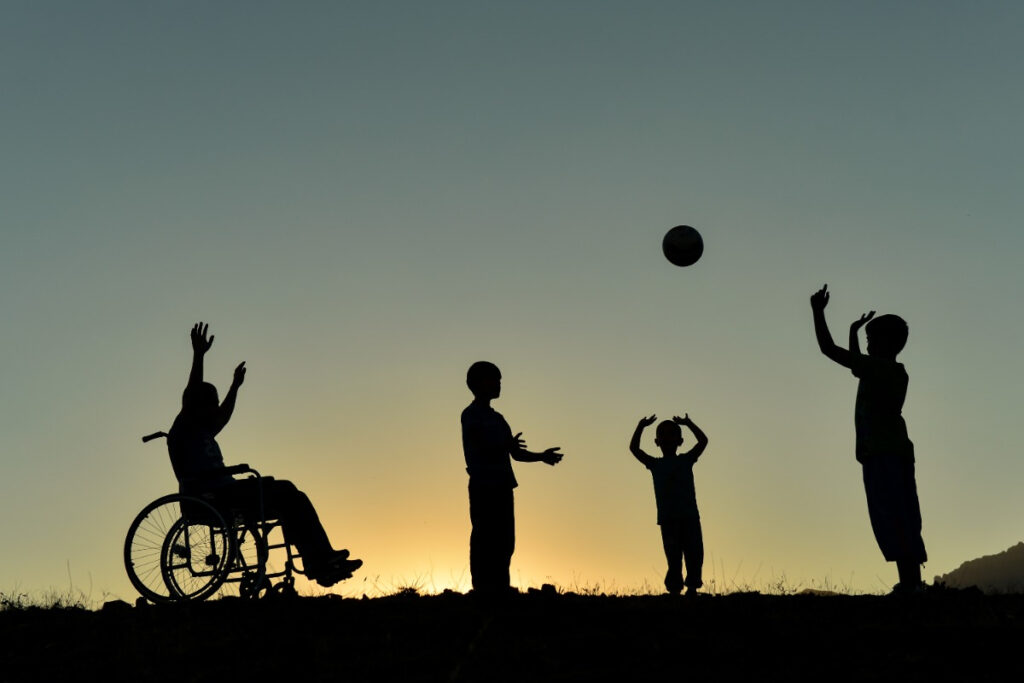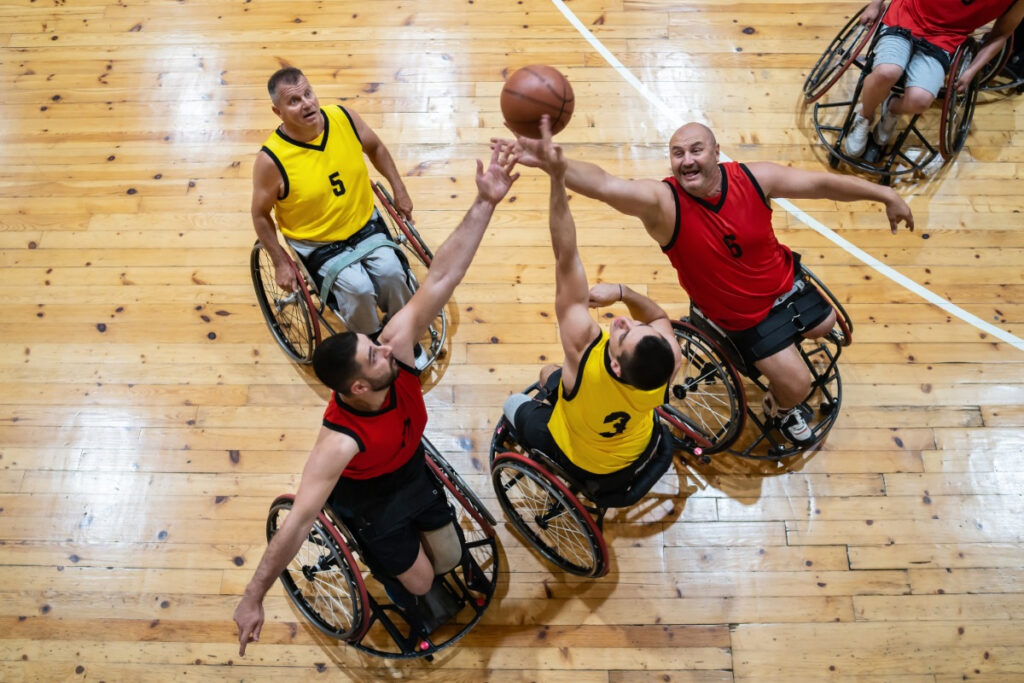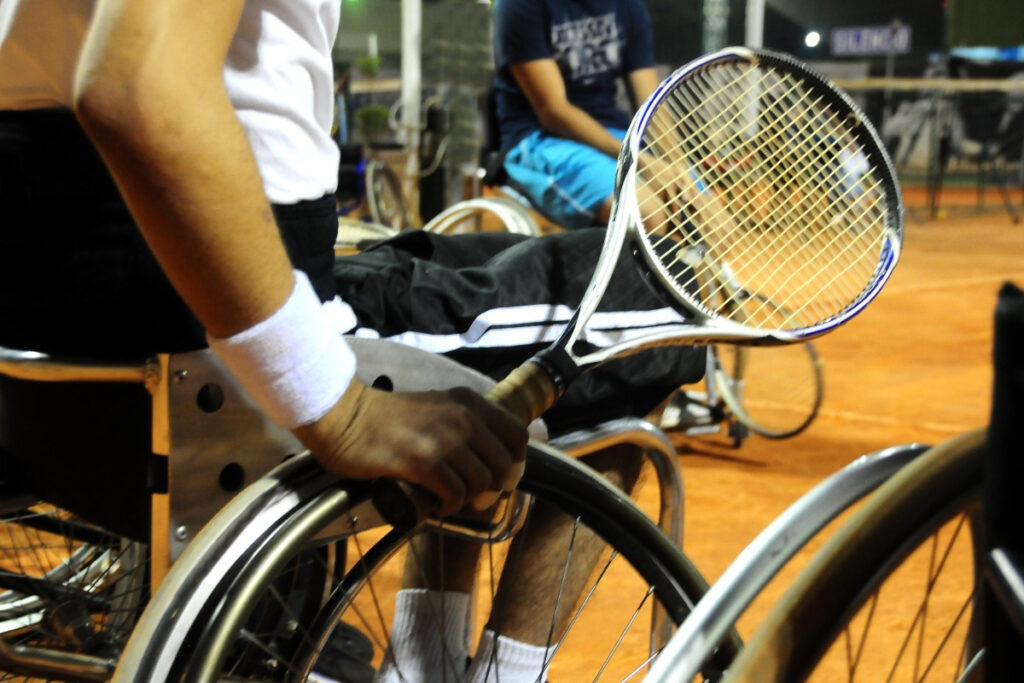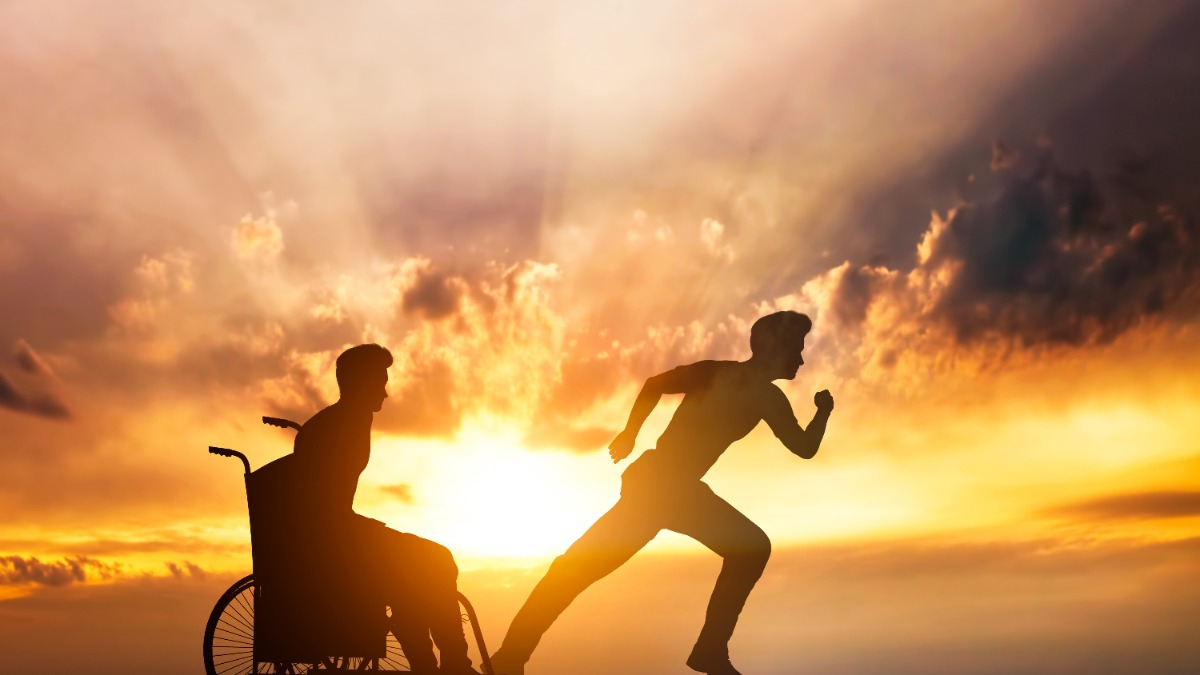Most people do not associate the differently-abled with physical activities like sports. They fail to realise that by empowering the differently-abled through inclusive sports, we can move past societal expectations and fight implicit biases.
By breaking down barriers and fostering inclusive environments, sports provide unique opportunities for the differently-abled to thrive, grow, and redefine their potential.
There are many reasons why being differently-abled should never be an obstacle to participating in sports. Here are a few compelling factors:
1. Sports Promote Physical and Mental Health
Sports offer numerous physical and psychological health benefits regardless of anyone’s abilities. They can enhance cardiovascular health, boost muscle strength and flexibility, and decrease the chances of developing obesity, diabetes, and heart disease.
2. Disability Does Not Define Ability
A physical limitation doesn’t define an individual’s ability. With suitable accommodations, the differently-abled can excel in sports just as well as anyone else – and develop the skills, confidence, and self-reliance needed to live more independent lives.
3. Inclusion Benefits Everyone
Inclusive sports teams allow individuals of all abilities to collaborate, work towards a common goal, and build friendships. This can help reduce isolation and loneliness and promote a sense of community. And when sports teams and organisations are inclusive, they promote understanding, empathy, and acceptance.

Learn how RYTHM Foundation is helping differently-abled children in Ghana realise their potential through sports in this video:
4. Sports for Self-esteem, Confidence and Purpose
Participating in sports gives individuals a sense of accomplishment and boosts self-esteem. This can be especially important for those who may feel excluded or limited. In addition, for many individuals with disabilities, sports foster purpose and motivation to stay active and healthy.
5. Adaptive Sports Expand Possibilities
Adaptive sports are designed for the differently-abled, allowing them to participate in ways previously impossible. From wheelchair basketball to archery, adaptive games implement modifications to ensure the most inclusive and accommodating environment for all individuals.

6. Inspiration and Role Modeling
Differently-abled athletes can be powerful sources of inspiration and role models for others with similar challenges. Their achievements show that physical limitations shouldn’t hinder athletic excellence. In addition, their participation in inclusive sports also helps break stereotypes and motivate others, fostering well-being and boosting self-confidence.
7. Enhanced Problem-solving Skills
Differently-abled individuals develop exceptional problem-solving abilities through sports. Facing unique challenges, they learn to analyse situations, devise strategies, and find creative solutions. These skills extend beyond sports, equipping them for success in various areas of life. Inclusion in sports fosters a more resourceful and resilient society.
8. Enhanced Creativity and Adaptability
Differently-abled individuals often possess heightened creativity and adaptability in sports. Their unique perspectives and experiences can lead to innovative approaches and techniques that may even revolutionise how certain sports are played.

Sports possess a remarkable ability to empower the differently-abled. By embracing inclusion, breaking barriers, and creating supportive environments, sports foster physical and mental well-being, redefine capabilities, build communities, and promote personal growth.
As a society, it is crucial to continue supporting and expanding inclusive sports programmes to ensure that every individual, regardless of their abilities, can unlock their full potential and lead empowered lives through the transformative power of sports.





